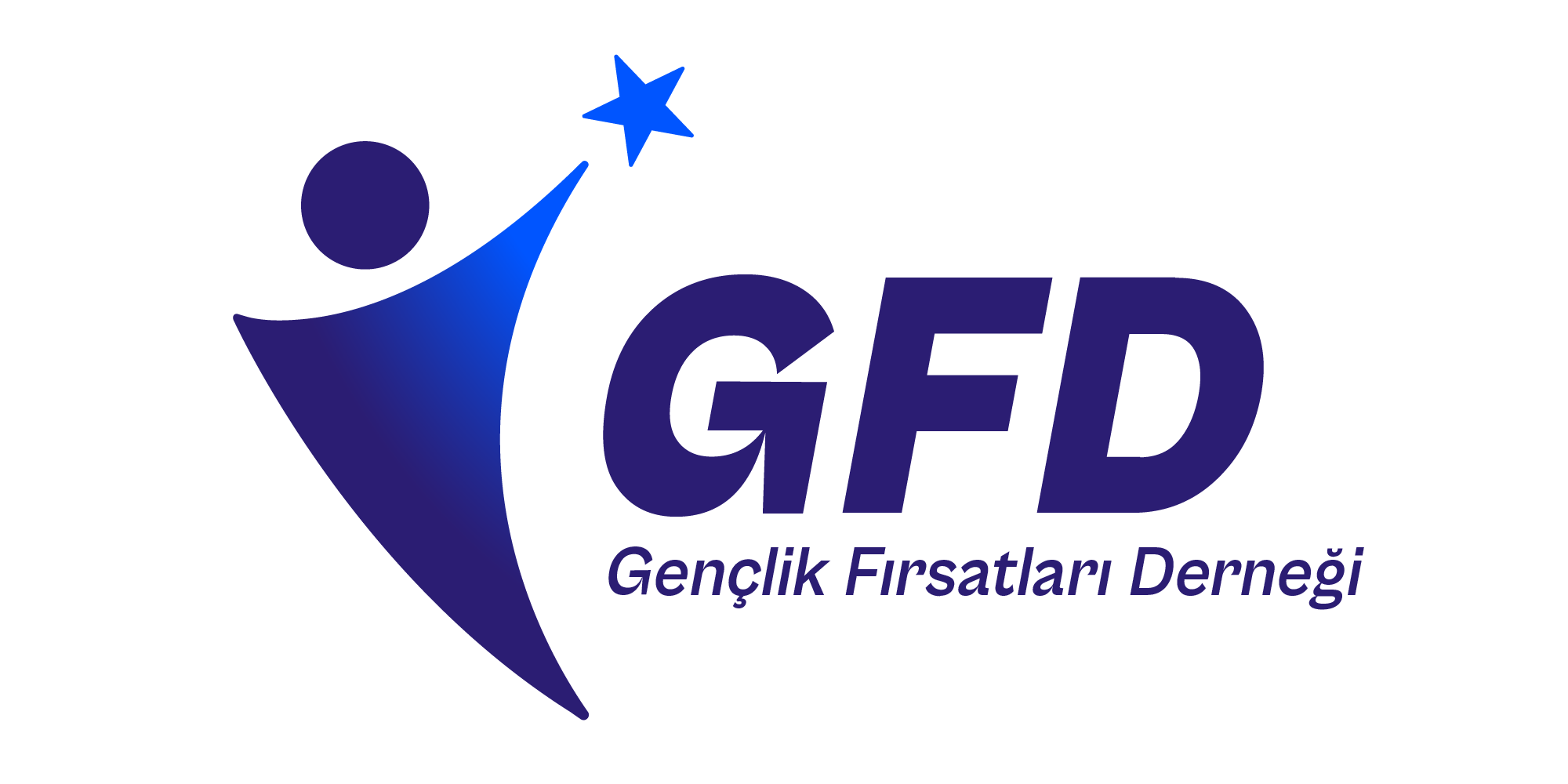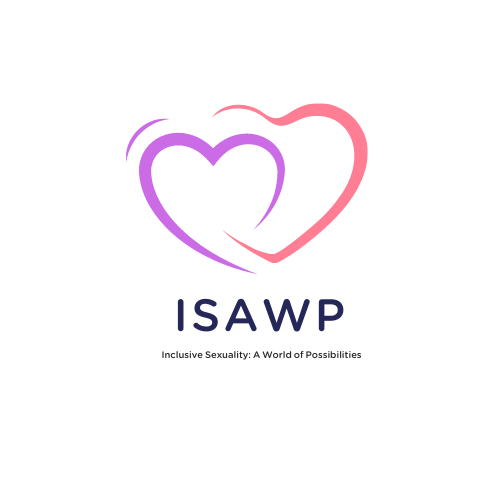
About the Project

General Objective: To improve the quality of life and social inclusion of young disabled individuals aged 14-25 through education on healthy sexual and emotional relationships and the prevention of violent behaviors.
Project Duration: 18 Months
To access the project's Facebook page, please click this link.
To access the project's website, please click this link.
To access the project's Research and Evaluation Reports, please click this link.
Project Goals
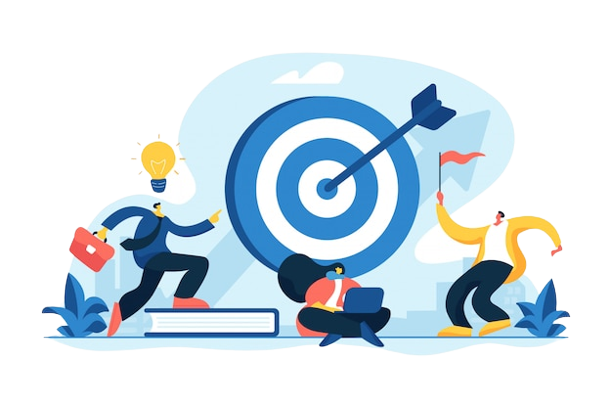
- Identify the special needs of young disabled individuals in sexual and emotional education. Expected outcomes:
Ensuring the participation of disabled individuals and their families in meetings held throughout the project.
A detailed assessment of educational and support needs.
Identification of specific disabilities and existing gaps.
Relation to priorities: Directly concerns inclusion and diversity in education and training.
- Identify existing laws and resources on sexual and emotional education for young disabled individuals. Expected outcomes:
Identification of current laws.
A detailed compilation of existing resources.
Preparation of a comparative report on the laws and resources in participant countries.
Identification of best practices.
Relation to priorities: Links the assessment of legal deficiencies with practical knowledge of resources.
- Provide sexual and emotional education resources for the social inclusion of young disabled individuals. Expected outcomes:
Creation of an accessible online resources platform.
Development of suitable educational materials in at least five thematic categories.
Preparation of educational guides for families, caregivers, and professionals.
Preparation of best practices guides.
Creation of an educational workshop model that can be implemented after the project.
Enabling disabled individuals to learn about their rights and have tools to identify safe spaces and support groups/persons.
Relation to priorities: Inclusion is achieved through adapted educational materials.
- Train professionals in inclusive sexual education for disabled individuals. Expected outcomes:
At least a 20% increase in professionals' knowledge of inclusive sexual education.
At least a 20% increase in professionals' understanding of the sexual education needs of disabled individuals.
Development of an educational workshop model on the subject.
Relation to priorities: Contributes to inclusion and diversity through professional training and the provision of inclusive educational materials.
- Share international experiences and promote best practices in inclusive sexual education. Expected outcomes:
Establishment of international networks and collaborations.
Preparation of a best practices guide.
Improvements in raising public awareness and understanding of the rights of disabled individuals.
Relation to priorities: Encourages the sharing of best practices.
Partners
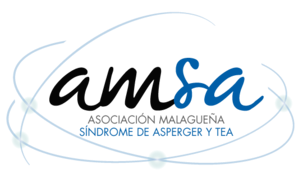
AMSA

FAJUB
Meetings
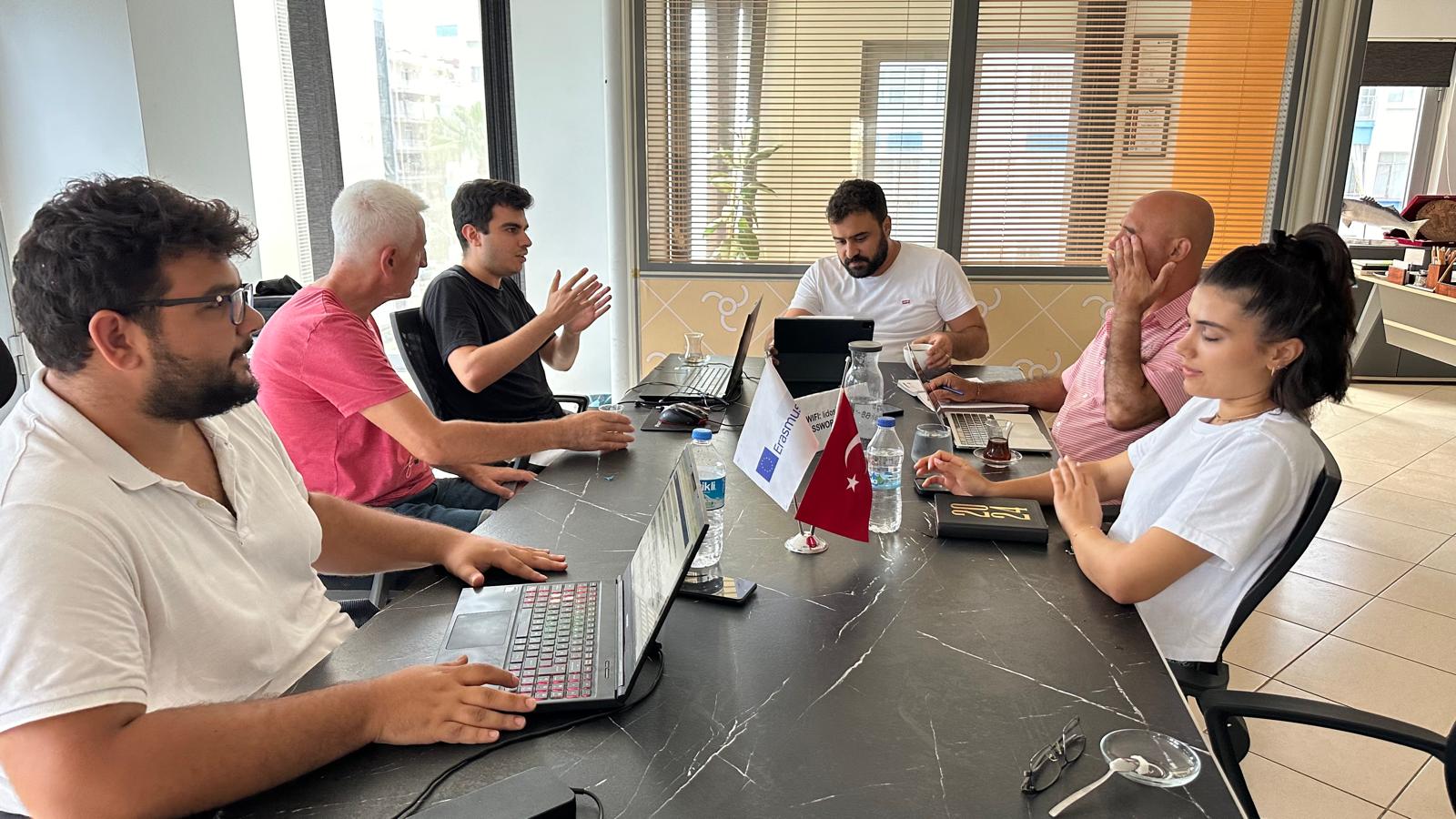
On September 5th, we held our first activity within the scope of our project. We started our preparations for the general coordination and management of the project with an internal meeting.
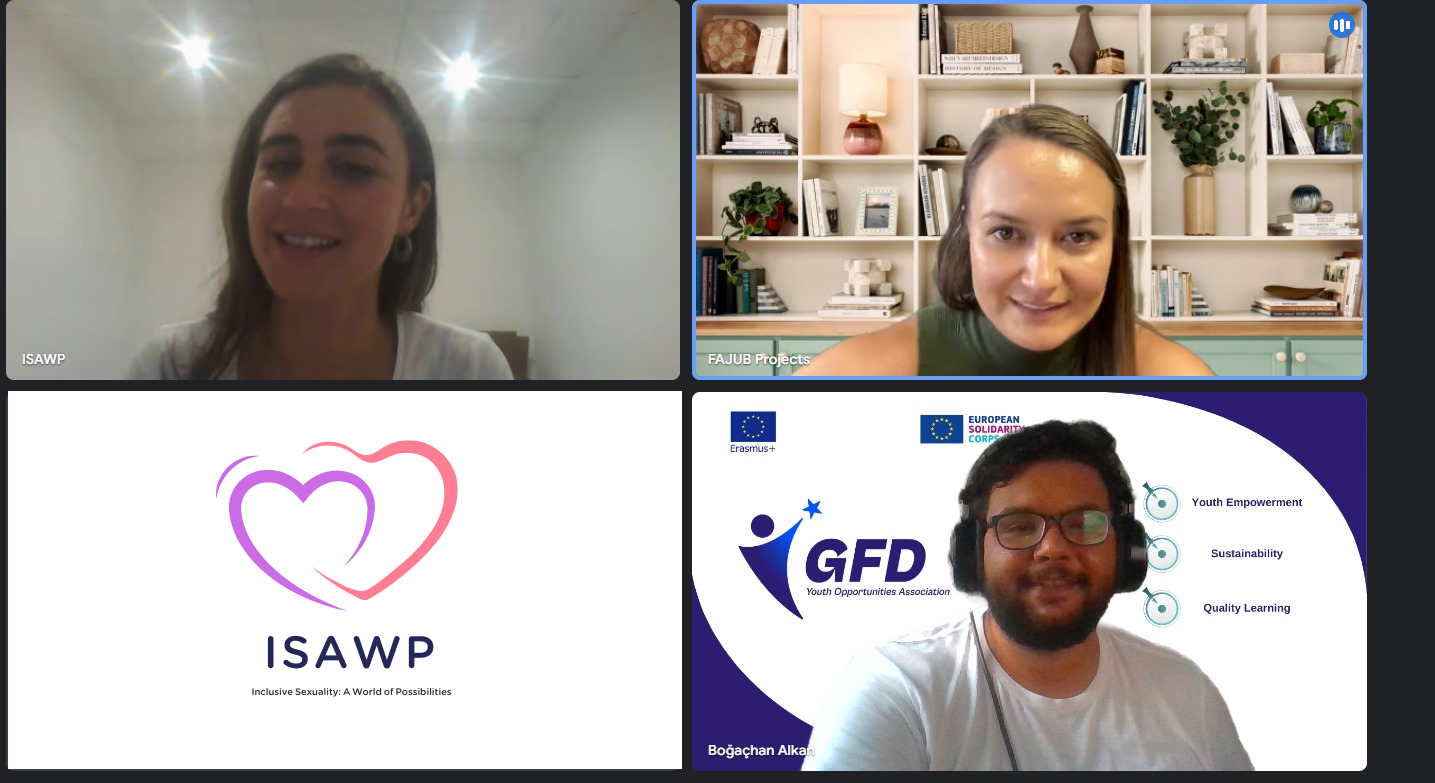
We held the first TPM of the Social Entrepreneurship for Sustainable Communities (S.E.S.) project in Berlin, Germany, between January 17-21, 2024.

As part of the Erasmus+ KA210-YOU project “Inclusive Sexuality: A World of Possibilities (ISAWP),” we successfully completed our “Didactic Material Preparation” event held in Antalya from January 13-17, 2025.
During this event, project coordinators and trainers from GFD, AMSA (Spain), and FAJUB (Portugal) worked on designing inclusive and accessible educational materials focusing on the needs of disabled individuals.

